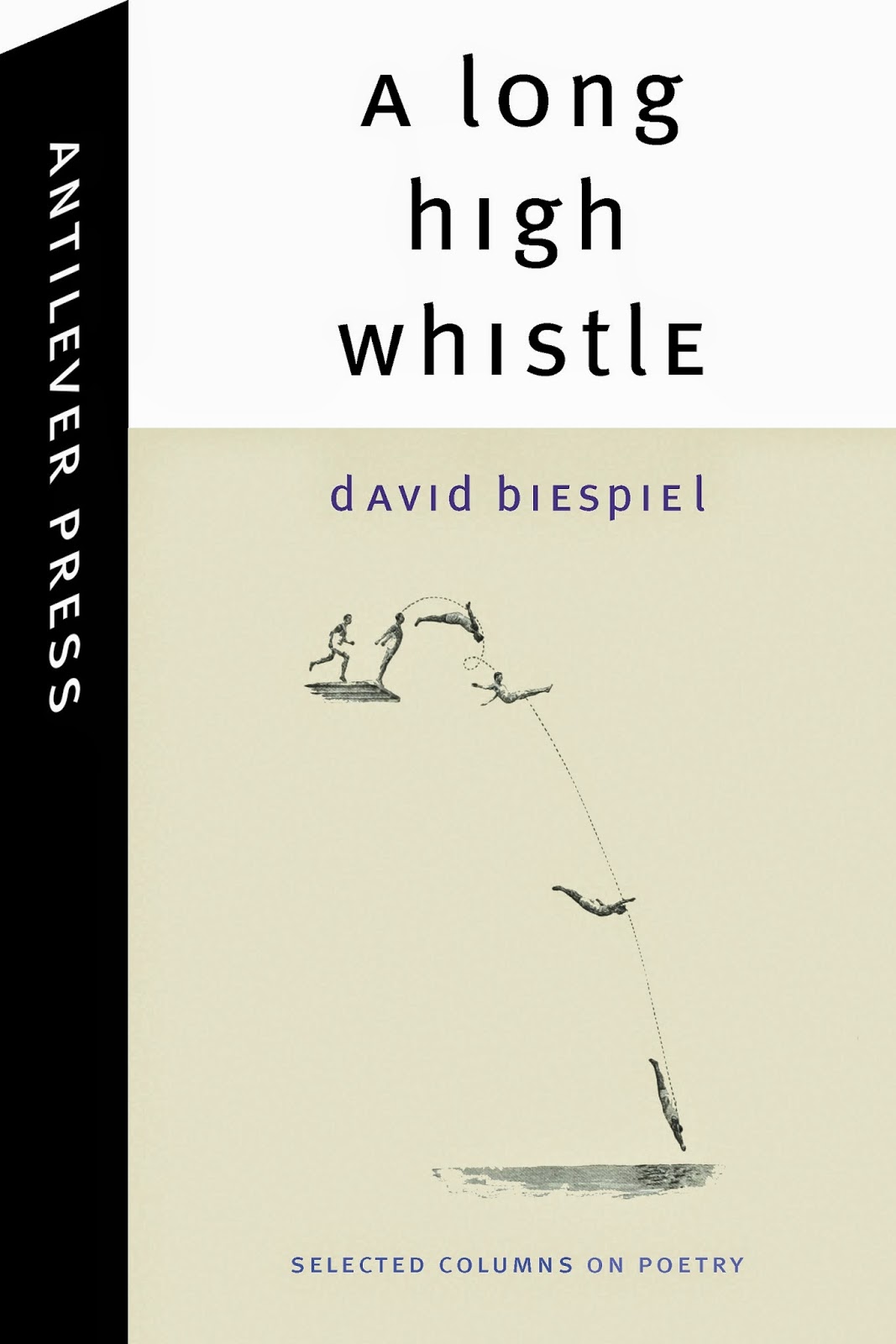 TO WITNESS AND TO SING
TO WITNESS AND TO SING
I’ve always been leery of overt political poetry. It’s often bad poetry,
badly written, and not effective as politics either.
Of the two kinds of political poetry, the first has never interested
me. That’s the poem written to persuade, convince, induce, or sway
you to its political position, the kinds of poems designed to forward
a partisan agenda. If, for instance, we already agree with the agenda
(ethnic cleansing is bad, say), then we’re just one of the choir being
preached to. We might even say the poem is good, great, or terrific,
but only because the poem proves we’ve been right all along.
If we disagree with the agenda—Rudyard Kipling, for instance,
wrote poems in praise of colonialism—then aren’t we right to call the
poem simply propaganda?
In the end, overtly partisan poetry is hardly persuasive as poetry.
It’s political speech. And I would defend it as such. I support the right
of anyone the freedom to write a bad poem. Yes, a bad poem, because
by subordinating poetry to politics, overt political poetry scorns the
language and is an enemy of the imagination.
Still, one thing a poem can do is free the self from constraint.
That’s the second kind of political poem, where the politics are as
much a part of the poem as any other part such as the imagery,
lineation, metaphor, variation, rhythm, dissonance, harmony, diction,
and so on.
You can see the effects of mixing the lyric with the civic in Yeats’
little poem, “Politics.” Every election cycle I find myself drawn to
it for its ability to enlighten and distract. Yeats wrote it during the
1930s, with World War II on the horizon, after serving as an anti-
Nationalist Senator in the Irish Parliament. His chief contribution in
the Senate was overseeing the redesign of Irish coins.
How can I, that girl standing there,
My attention fix
On Roman or on Russian
Or on Spanish politics?
Yet here’s a travelled man that knows
What he talks about,
And there’s a politician
That has read and thought,
And maybe what they say is true
Of war and war’s alarms,
But O that I were young again
And held her in my arms!
What we look for in a poem—or at least what I look for—is surprise
and strangeness. I want to see the untranslatable translated into
language and form (“O that I were young again”). I want to be
delighted. I want the poem to reveal complexities—say, of suffering
(“Of war and war’s alarms”) and joy (“And held her in my arms!”). I
want the poem to record, to remain unforgiving, to forgive. I want a
poem that witnesses and sings.
With that in mind, you can see how resistant Yeats’s “Politics”
is to being political. But what can be more political, more biased
and subjective, than yearning for love to save the world? Politics,
the dubious philosopher Groucho Marx once said, is “the art of
looking for trouble, finding it everywhere, diagnosing it incorrectly,
and applying the wrong remedies.”
“We make out of the quarrel with others, rhetoric,” Yeats once
remarked, thinking about political life, “but of the quarrel with ourselves,
[we make] poetry.”
Election days come and go. The decision about the future of a
city, state, or country is often burdensome, true. But for one fleeting
moment it can help to “fix” our attention on something else. Our
problems will be there when we get back. By looking away, we might
see clearly where we are and where we dream of going.
